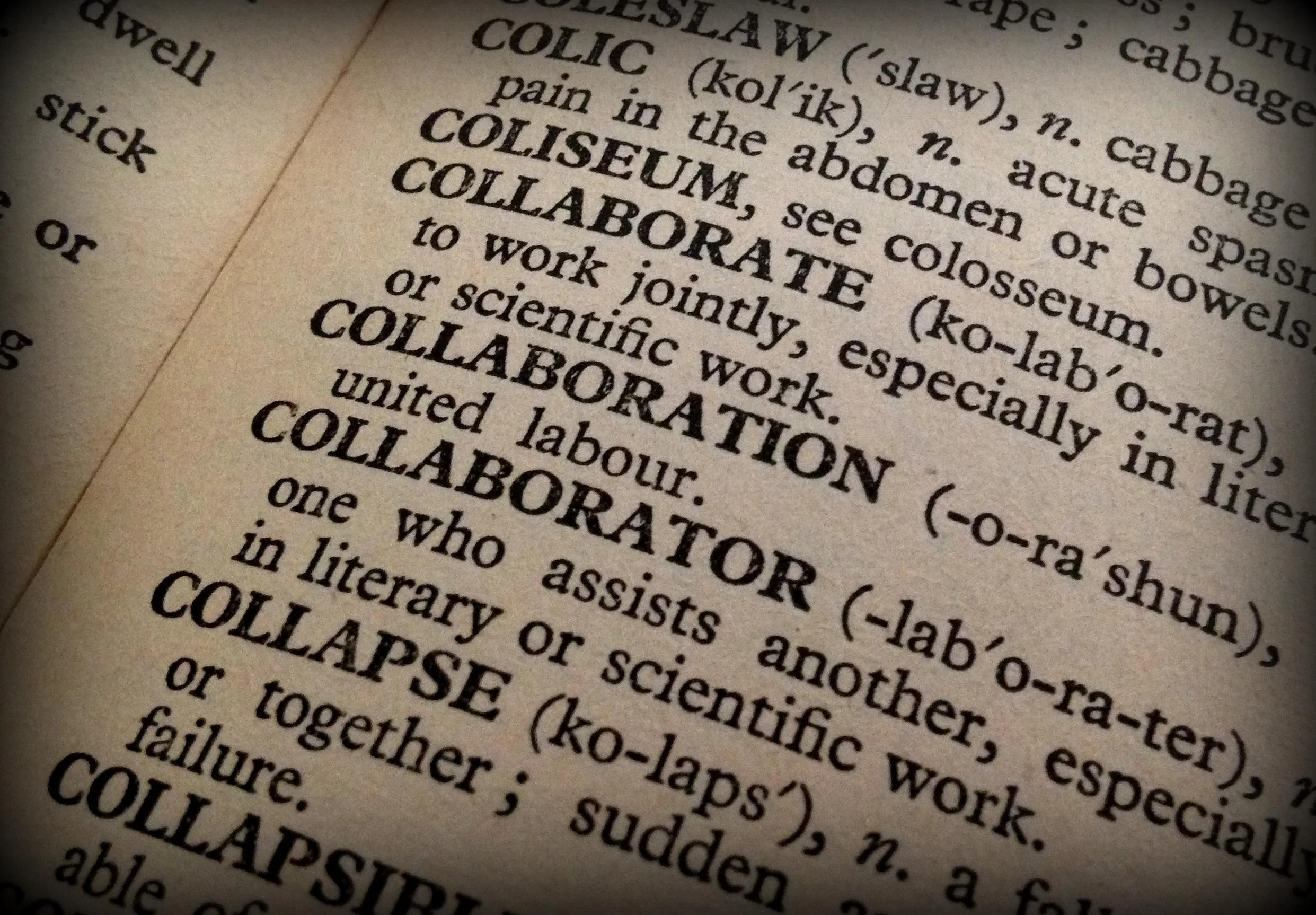This guest post has been written by Ryan Watkins, Professor at George Washington University, Co-host of Parsing Science podcast, developer of We Share Science and member of the advisory board for the SAGE Campus e-learning program. He is the author of 12 books and more than 100 articles on topics including performance, needs, instructional design, and evaluation.
Being an oracle of the ‘future’ is a tenuous task, one that should in my view be left to meteorologists and futurists. Equally, foretelling the ‘future of work’ should likely be left to economists. But as a professor I must, at minimum, routinely dip my toe into conversations on the ‘future of work’ in order to adequately prepare my students for their future. After all, tomorrow is never just a linear projection from today.
Preparing students for the future is an everyday task for most faculty, even if we don’t think much about it on a daily basis. For me, the issues associated with the ‘future of work’ have surfaced again as we prepare to welcome, in the Fall of 2018, our inaugural cohort of students into our new interdisciplinary PhD program (with transdisciplinary aspirations) focused on human-technology collaborations. Together, faculty from education, data science, engineering, I/O psychology, health/medical informatics, business, and few other disciplines have come together to sculpt a doctoral program that will prepare a small cohort of students for simultaneously researching the ‘future of work’, and prepare the students to live and work in that same future.
Being prepared to create, train, interact, and collaborate with intelligent technologies is an immediate challenge across many disciplines and career paths. We must develop new skills and effective strategies to prepare to ask the right questions, interpret the results of data analytics, determine how to use data to make on-going improvements in our work, assess machine uncertainty, make ethical and policy judgments that integrate both data and social values, and find new collaborative ways that engage technologies as our partners in learning and performance. Preparing for data intensive environments powered by intelligent technologies requires research-based approaches built on education, computer science, data science, engineering, psychology, sociology, decision sciences, economics, and other fields. Meeting these requirements is the goal of the interdisciplinary PhD in Human-Technology Collaboration.
To guide our planning and deliberations we are creating a conceptual framework that has been valuable in guiding the development of the PhD curriculum, research lab experiences, community collaborations, and the relationships among faculty and students. Within the framework are two essential “sets” that we believe are, in tandem, fundamental to future success in the future: mindsets and skillsets. These, we believe, will provide the foundations for ‘use inspired research’ that can help shape readiness for work in the future. For this posting, I will share just these two initial “sets” and save the remaining elements of the framework for a future posting.
We do not want to reinvent the wheel, and thus the framework is partially our interpretation of, and expansion on, the conceptual model Khanjan Mehta has developed for the Creative Inquiry program at Lehigh University
To illustrate the Mindset and Skillset foundations of the framework, below are our current working components of each “set”, which link to YouTube videos that illustrate the notions that inspire them.
Skillsets
Mindsets
Our framework is similar in many ways to a competency model, though we have resisted the greater level of specification and “setting in stone for years to come” that most competency models entail. From our perspective, both Mindsets and Skillsets are flexible targets, giving us the opportunity to routinely reflect on our successes, failures, and emerging opportunities, to update our framework. Thus, our approach is more consistent with lean and rapid prototyping approaches than it is to traditional strategic planning with competency models being more consistent with the later. Lean, for example, guides the iterative development of many software applications (or in our case, a conceptual framework) and is based on the notion that it is better to pilot a “minimally viable product” in order to gather real user data than to wait years to develop the “perfect” product. This is in juxtaposition to traditional strategic planning that focused on creating organizational-wide “perfect” plans and then executing those over many years. While the lean approach gives us the benefits of flexibility, it does require us to routinely collect, analyze, and reflect on data to make improvements to our framework.
With these “sets” in mind, we can create a variety of experiences for cohort students (such as, course activities, symposiums, research projects, lab conversations, readings, community projects, etc.) to intentionally provide opportunities for students to develop many of mindsets and skillsets. Likewise, you may choose to explore and learn in each of these areas as well, as you prepare for the “future of work”.
Read more about Professor Ryan Watkins on the George Washington University website.



